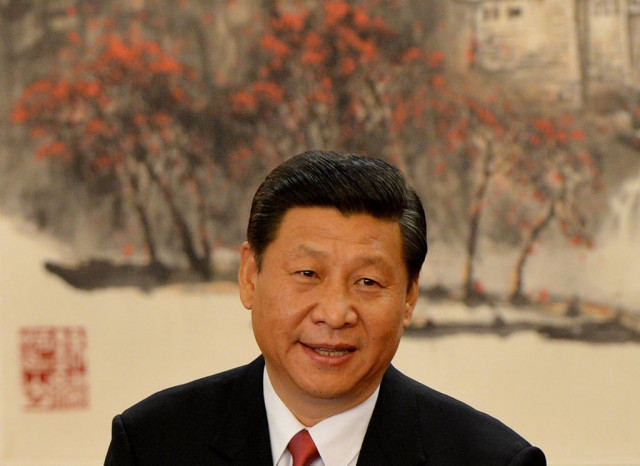China’s power transition
A gradual easing of state authority may end up serving China best in the long run.

The new Chinese leader will also have to contend with rising inequality and an urban-rural divide. China’s vast new wealth has not been shared equitably and this could lead to frustrations and even violent protests which, given that the Communist Party still rules with an iron fist, could quickly turn extremely bloody. Jingping will also have to deal with the contradiction of a capitalist economy being guided by a totalitarian government. He will have to allow private initiative to flourish without being an impediment to economic growth.

Even though the world’s eyes are on the economic platform of Jingping, the international community should also keep a close watch on his human rights record. His predecessor was known for his complete intolerance of dissent. This is not a wise way forward for China. Not everyone in the country has been a winner in the new economy and those who have been left behind, will undoubtedly voice their frustrations. From the Buddhists in Tibets to the Uighur Muslims and the Falun Gong, there are many protesting their repression and their fears and aspirations will also have to be taken into account. There is no reason for China to continue matching its strong economy with weak human rights protections. A gradual easing of state authority may end up serving China best in the long run. We will quickly learn whether Xi Jingping is visionary enough to realise this or not.
Published in The Express Tribune, November 20th, 2012.















COMMENTS
Comments are moderated and generally will be posted if they are on-topic and not abusive.
For more information, please see our Comments FAQ